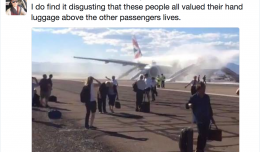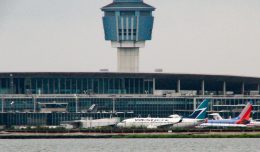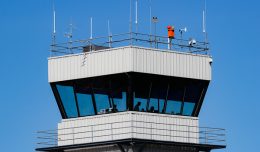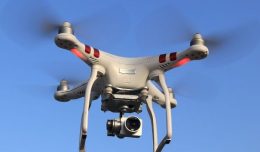The Federal Aviation Administration (FAA) on Thursday announced that its Air Traffic Organization (ATO) chief resigned, as criticism has surrounded several reports of sleeping air traffic controllers during the past weeks.
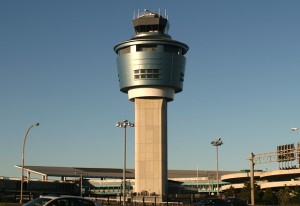
The head of ATO Hank Krakowski submitted his resignation on Thursday, which was accepted, and the FAA immediately announced that David Grizzle, FAA’s chief counsel, would assume the position until a permanent replacement is hired.
FAA Administrator Randy Babbit described these sleeping incidents over the past few weeks as “examples of unprofessional conduct on the part of a few individuals that have rightly caused the traveling public to question our ability to ensure their safety.”
Babbit underlined that the conduct must stop immediately, stressing his commitment to maintaining the highest level of public confidence, which he said begins with strong leadership.
Furthermore, Babbit said the FAA was conducting a “top to bottom” review of the way the administration operates the air traffic control system.
“We are all responsible and accountable for safety–from senior FAA leadership to the controller in the tower,” he stated. “Employees at the FAA work diligently every day to run the safest air transportation system in the world. But I will continue to make whatever changes are necessary to ensure we concentrate on keeping the traveling public safe.”
The most recent incident occurred on Wednesday, when an air traffic controller in Reno, Nevada was unsuccessfully reached during 16 minutes as an emergency medical flight reportedly carrying a critically ill passenger tried to land.



